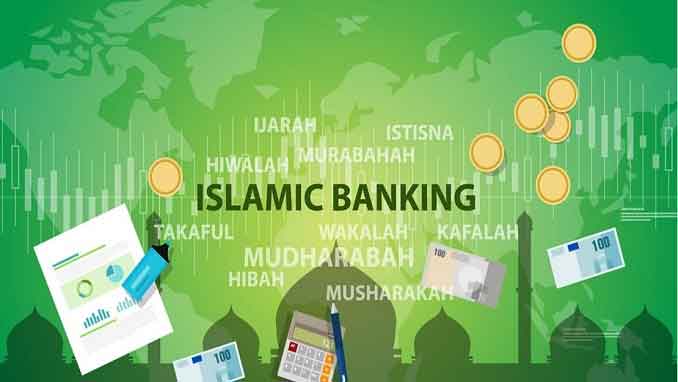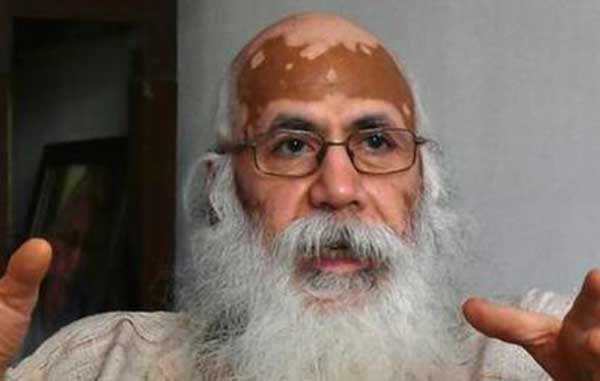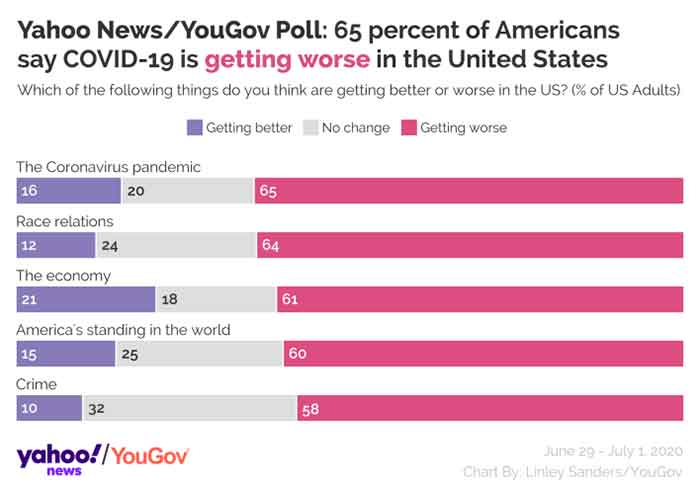
In previous article (Crisis Management Part (II)), (Read Part I) I have started discussing the concept “Interest Free Loan” which will be an important alternative Banking Principle to be discussed and implemented in a country whose GDP is -23.9% due to lockdown and the downfall of its economy was in discussion from couple of years. Interest Free Loan is the concept extracted from the I-Economics.
I-Economics:
Most of the countries worldwide practicing economic system, let’s say it as conventional economics. If (a) Charity to poor (b) Interest on capital is illegal and (c) Distributive Justice as central theme of economic policy is declared compulsory under conventional economics, then this body of knowledge is called as I-Economics.
I-Economics is an alternative method, according to it, life is an organic whole and considers economic enterprise to be subjected to human worldview and rules of ethics and morality. Its laws pertaining to supply and demand are linked with the laws of morality and adhere to an ethical point of view, whereas conventional economics is independent of morality, ethics and accountability which in response produces selfish, corrupt and anti-poor industrialists.
As we are running through the crucial juncture of economical crisis, there is need of Humanitarian investors. No investor expect loss after investing, like other people he/she is also desirous of profit, but the criteria of investment also include the principle of benefit to society and keeping away from things that are harmful to section of society. A humanitarian investor will choose the path of stable business which will benefit the common citizen even if the rate of profit is less.
Interest Free Financial System:
Interest plays a pivotal role in existing financial system. In the interest based system of investment, the condition to provide loan is based on the capacity of repaying interest, the result is that the talented individual or aspiring entrepreneurs who are not in a position to provide any collateral will be deprived of loan and loan is provided to those businessman and factories that are financially strong and posses the ability to repay their loans. The flow of investment is in the direction where the financial resources already exists, and an acute accumulation of wealth and resources and income disparity increases and the system of unjust distribution of wealth becomes more entrenched. The focus is merely on expected profit, which is based on financial parameters. The result of this attitude is not healthy for the society and creates a rift within society.
In contrast to interest based, we need interest free financial system and provision of finance based on profit and loss. In this system, the investor or lender of capital operate based on profit and loss, they not only keep an eye on actual production but get associated with overall development and prosperity of the society. In the absence of interest, money stops becoming a saleable commodity and is only a means of carrying out financial transaction, also the creation of money is beneficial only if it is based on real production and hence the possibility of inflation becomes minimal.
Dr. Fazlur Rahman Faridi an economist gave 10 points charter as an alternative against the interest based economic system. His suggestions are still relevant when government of India is towards privatization (selling huge government companies), commercialization (amending the bills which helps only corporates which a capitalistic approach like recent 3 farm bills) and instead of coming out of the well of crisis, it is still digging more mud. Dr. Fazlur Rahman writes, “In present economic system government keeps the production under private ownership and confines itself to only facilitating responsibilities. First, government should provide all such facilities and infrastructure through which private investment delivers the best possible results and secondly whatever faults are developed at the collective level they should be corrected. Thirdly, it should keep an eye on the implementation of equitable distribution of wealth and take necessary steps to achieve the same. In short, the system that is based on I-Economics teachings can be described as follows:
- Economic liberty has been considered to be a fundamental right. But this right cannot be used only for generating personal profit and is subject to the larger public good.
- Though private profit has importance, but this not merely financial profit and it has the clause of “Success in the Hereafter” added in such a manner that it becomes part and parcel of that system which creates a fundamental difference though the change and nature.
- Capital and assets have secondary importance. The character of the individual and public expediency has primary importance.
- Justice is regarded and kept as a primary and necessary goal and then the necessary laws and institutions are created for its achievement.
- A social and ideological climate is created which results in the distribution of resources and production in such a manner that the fulfilment of necessities of life gets primary importance. After that the luxury items gets secondary priority only by means of consumption and production.
- It creates a direct correlation between real production and actual financial resources and is not like contemporary economic system that links the two indirectly. This gives allowance only to profit and risk but not to interest.
- The system yields and income depends only on labour, production and risk. Trading of capital and manipulation of stocks is ruled out. In this system money is not tradable but is simply a source or medium of exchange.
- This suggests such standards of investment that when implemented, both the individuals and society benefit and which in fact strengthens the profit of the individual with profit and benefits accrued to society. It does not depend merely on ideology (religious obligations) to achieve this bit derives and establishes formal regulations and public institutions which build investment according to these standards.
- The combination of demand and needs is formed in such a manner that performance, humanitarian considerations and justice to all become elements of economic activity or enterprise. The faults that are found in the market demand and the unjust inequitable distribution of produced goods is corrected by making them dependent on the comprehensive and collective needs of the society and for that purpose it influences the mind of the investor and puts in place such laws and institutions that aid in the achievement of those objectives. For this purpose, it takes a certain moderate quantum of resources and makes legal provision for distributing it to the poor and the needy. It also makes it the responsibility of the government that by way of policy and planning it manages to allocate the required financial resources for the same.
- In this economic system as the government is not actually the producer but simply acts as a regulator to remove the distortions hence it does not need extraordinary resources to fulfil its own mandatory expenses (minimum government maximum governance). To enable the equitable distribution of resources the government does not have to levy huge rate of taxation as some oppressive regimes do; nor does the government have to take large loans from the Central Bank. In this way the government avoids becoming a source of inflation. Hence in this economic system the levying of taxation would be least and the need for the creation of the wealth will be also be reduced. Hence the tendency of the prices of basic commodities to keep on increasing will be limited.
A question has been raised in your mind in the beginning of the article when you read I-Economics, what does I means? Yes, you are right “I” means Islamic. Do think beyond the religion when the word Islam encounters you. Islam is not merely a fantasy, but the philosophy of Islam is not just empty theory that is completely dependent on the morals of the individual, his/her piety and humanitarian considerations. Rather, Islamic Economics has been institutionalized in such a manner that the possibility of deviation of an individual becomes minimal. One of the important institutions to ensure that, the way Islam prohibits interest (usury) in finance and trade and declare profit and loss to be the foundation of business and investment.
To implement the I-Economics system you need not be a Muslim and the economic system which declares charity to poor (Zakat i.e, 2.5% of income), interest on capital is illegal and distributive justice compulsory apart from other principles which are existing in conventional economic system, does Islamic economic system differentiate the people based on religion? Isn’t it benefit to every citizen and businessman? Will it make poor a poorer or rich a richer? Let’s discuss…!
Syed Azharuddin
Email: [email protected] | Twitter: @SyedAzhars | Website: Imazhar.com
SIGN UP FOR COUNTERCURRENTS DAILY NEWSLETTER















































